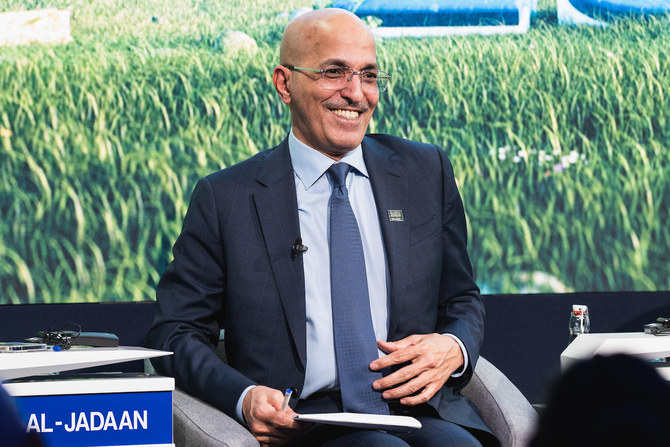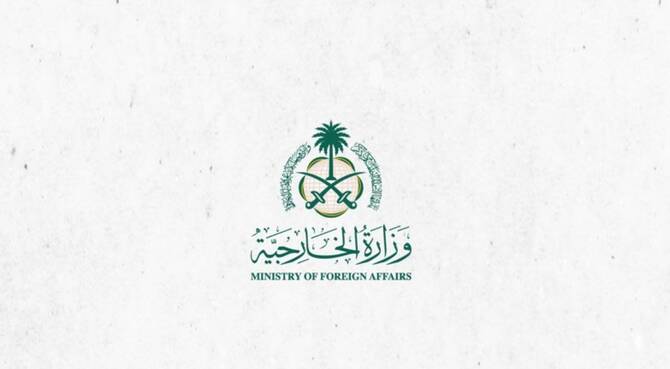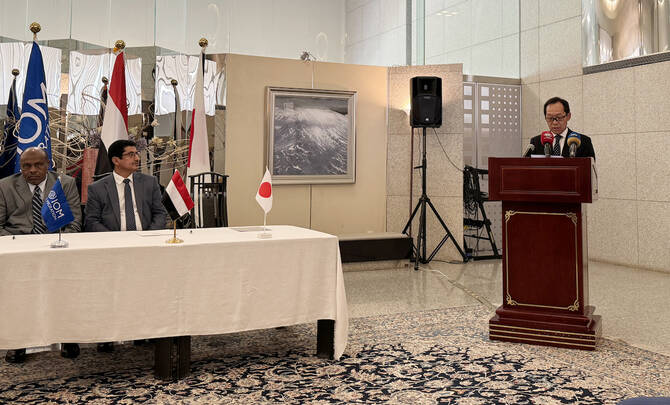Arab News
DAVOS: The economic outlook for the Middle East and North Africa (MENA) region is generally positive, despite facing challenges such as rising food prices, Saudi Finance Minister Mohammed Al-Jadaan told a panel at the World Economic Forum (WEF) on Monday.
Speaking at a session examining the outlook for the MENA region, Al-Jadaan said that in the medium term, the growth outlook was “very positive,” but warned against assessing the MENA region as one bloc.
“What might fit in one country, or challenges faced by one country, might not be the same in another,” he said. “Be careful not to take MENA as one bloc.”
He added: “That said, there are actually a lot of common advantages and common challenges.
“The challenges are also faced across the world, but in certain areas it’s actually more serious in MENA.
“Energy security, fueled by post-pandemic recovery, supply chain challenges — food security is also another serious problem, again fueled by the geopolitical situation,” he said.
Touching upon an expected rise in food prices, Al-Jadaan added: “In this particular area, let us remember that the MENA region is a significant importer of wheat.
“If you look at just some basic figures, we represent about 6 percent of the world’s population, and the World Bank is saying 20 percent of the world’s potential starvation will be in MENA.”
However, within the Kingdom itself, Al-Jadaan said that the outlook was “very healthy,” adding that oil revenue gross domestic product growth would reach 19 percent this year, with non-oil GDP growth reaching 6 percent.
The minister added that changes in the price of oil would not impact how the Kingdom managed its finances, adding that there were no immediate plans to transfer funds to its sovereign wealth fund, the Public Investment Fund.
He told the panel that Saudi inflation at the end of the first quarter this year was 1.6 percent and is expected to reach between 2.1 percent and 2.3 percent by year-end.
“People, again, just look at the oil price and believe what is happening is just as a result of the oil price,” Al-Jadaan said.
“We had oil prices in Saudi above this level. It’s about how we are going to use this — how the system is prepared to deal with this.”
During the panel discussion, the finance minister also announced that Tadawul subsidiary EDAA, or the Securities Depository Center Company, was signing a link with Euroclear on Monday.
A statement issued by the Saudi Ministry of Finance said: “The linkage is intended to enable international investors to settle domestically issued debt instruments through direct nominee account in EDAA using their current accounts in Euroclear and to achieve greater interoperability within the market.”
The Belgium-based Euroclear is a financial services company specializing in the settlement of securities transactions and safekeeping and asset servicing of such securities.






















